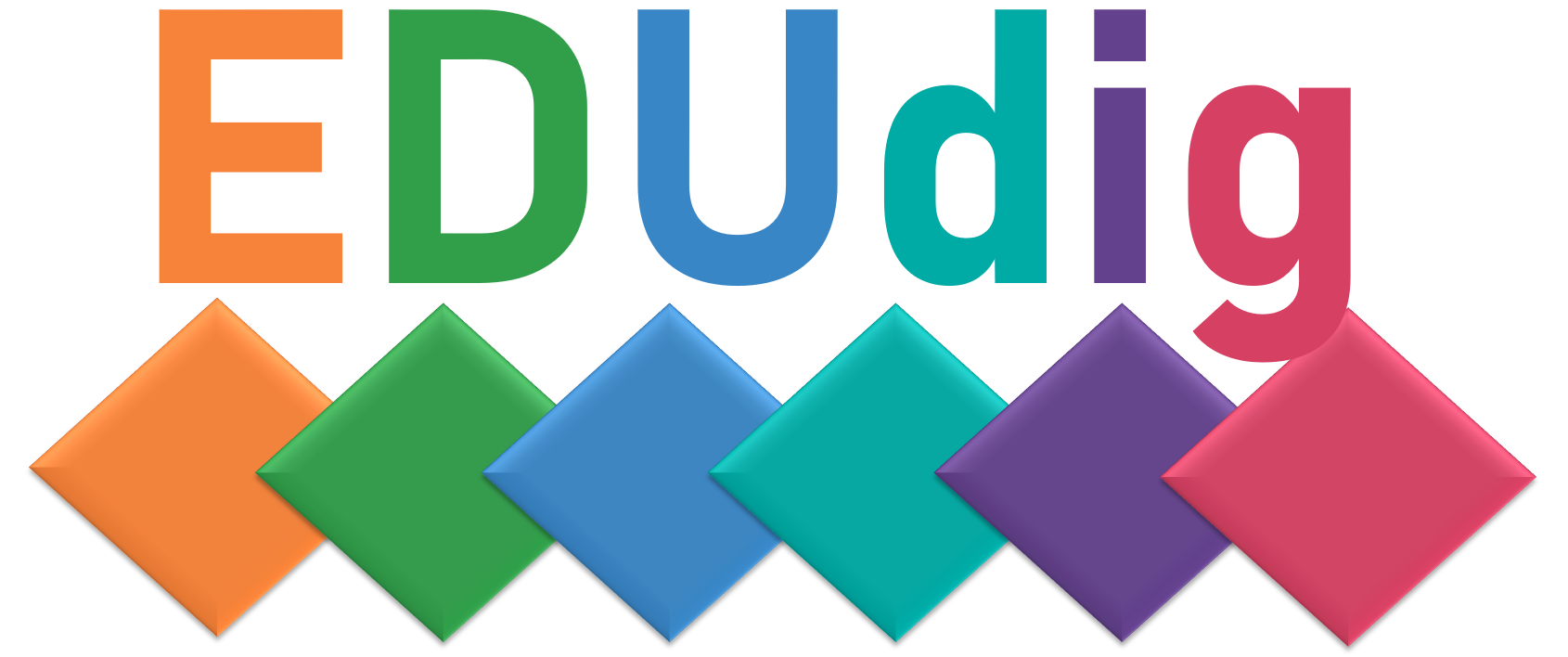Training
1.2 What is collaborative learning?
1.2.1 Collaborative vs. cooperative learning
Collaboration refers to working peer-to-peer, in groups or teams to solve problems, complete tasks, or build new knowledge. Thus, generally, educational approaches based on collaboration promote joint intellectual effort to search for meanings, deeper/ more holistic understanding or solutions. In collaborative learning, students are urged to work with their peers, contributing to the discussion of solutions with their ideas and listening to and reflecting upon other viewpoints and articulating their points, to get a more comprehensive understanding than they could individually.
Collaborative learning differs from cooperative learning. Even though they are both also based on team or group work, in the latter participants section off their area of action and assume responsibility for that part of the work, thus contributing with their work/expertise in a specific area to the work. In cooperative learning, the roles of the group/team members are usually pre-established, i.e., even though their tasks tend to be closely interrelated, they are given some autonomy and flexibility in their individual work. On the other hand, in collaborative learning, the roles, resources, and organisation are left up to the group/team members; therefore, they tend to assume a more active role in the negotiation of solutions, given that they share accountability, authority and learning goals.
Steve Hiles podcast on Cooperative and Collaborative Learning (2021)
